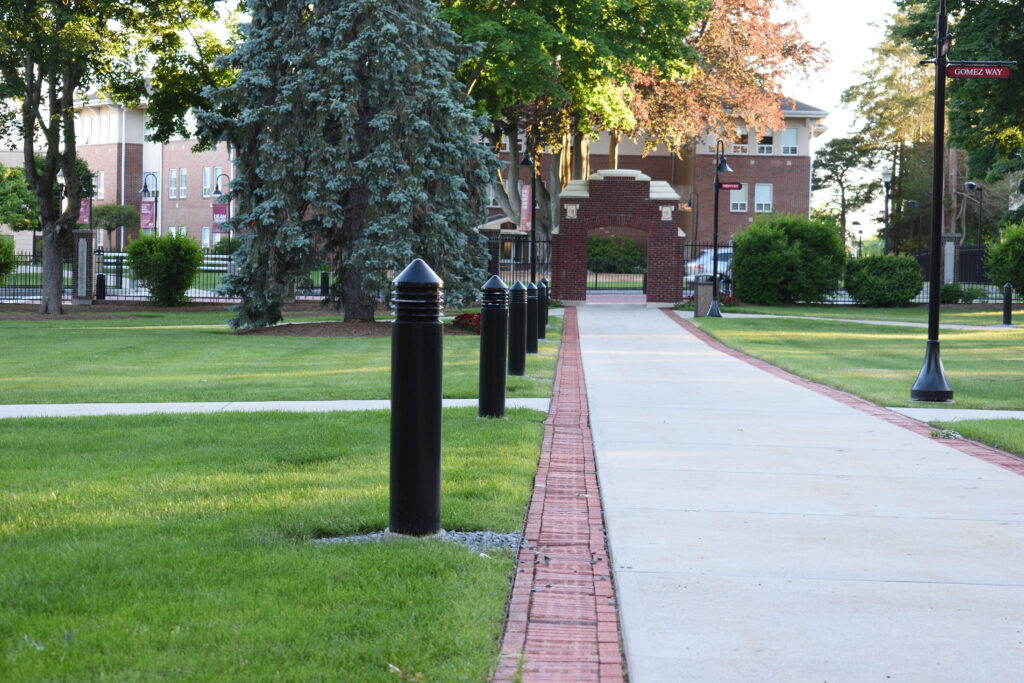More donors will likely follow suit in the months ahead.
“Don’t give to your alma mater’s annual fund. Ever.”
This is not a new opening line when I address groups of donors. And I’m not the only one shouting it from the mountaintop.
Conservative-oriented donors have been sounding off for years about the state of intellectual discourse at the nation’s colleges and universities. What’s more, those of us in the foundation community have been concerned about donor-intent violations these schools perpetrate against donors of all ideological stripes.
In the aftermath of October 7th, however, all bets are off as givers question not just their own giving but nearly all extra pennies given to higher education.
We have read the splashy headlines about prominent donors “divorcing” their beloved alma maters due to inept responses by college presidents, administrators, and trustees to campus unrest over the Hamas attack and war in Gaza.
Some college presidents—notably at Williams College, the University of Florida, and Georgia Institute of Technology—have pivoted to initiate a conversation about the role of a college president as moral leader or intellectual stalwart.
This is all fine but, for many donors, that train left the station years ago. The campus “free speech” issue existed well before the educational disruptions of the COVID-19 pandemic or another Middle East crisis. The University of Chicago’s monumental 2014 statement on free expression was merely a reaction to a long-festering problem.
In addition, the “trades” are experiencing a renaissance of sorts. Organizations like the mikeroweWORKS Foundation and the Tennessee College of Applied Technology report record increases in scholarship awards and program enrollment as students (and many parents) rightly question the economic value of a four-year college degree.
Colleges that are morally and ideologically adrift or that lack a clear philosophical or even religious affiliation, on the other hand, face an uphill battle for continued charitable funding from conservatives and non-conservatives alike. This is not necessarily new. But what is now evident is that many, including traditional liberal Jewish givers, have woken up to the fact that top-tier schools are nothing more than hedge funds with a school attached.
But even small, religious, and ideologically conservative colleges must articulate an unwavering commitment to free speech, personal responsibility, and pluralism—in other words, the tenets of what once constituted a classically liberal society.
Donors do have options when it comes to supporting private colleges and special university programs committed to researching the benefits of free markets and teaching future leaders how to deftly protect and defend our constitutional liberties. For example, the DonorsTrust community of givers has more than doubled gifts to privately funded colleges—like Hillsdale College, King’s College, Ralston College, Palm Beach Atlantic University, and other small religious colleges.
They participate in donor-driven free-speech alliances at Cornell University, Massachusetts Institute for Technology, Davidson College, and others. The flow of charitable dollars to nonprofits, like the Foundation for Individual Rights in Education, that promote and defend free speech continues to increase.
Tens of millions more in charitable dollars go to targeted programs at George Mason University, West Virginia University, Texas A&M, Georgetown University, the University of Arizona, Catholic University, and the recently created University of Austin at Texas. What matters most about these special programs is that university presidents and administrators can’t touch these dollars and warp the programming to suit their own agenda. The need for these types of restricted gifts has arguably never been greater.
Absent a commitment to returning higher education to promoting the liberal ideals of a free and virtuous society, it’s going to be a long road ahead for administrators as givers throttle back gifts to these bastions of intellectual, social, religious, political, and socioeconomic intolerance.
Anything less than a commitment to freedom and flourishing for all will be met with financial silence.






